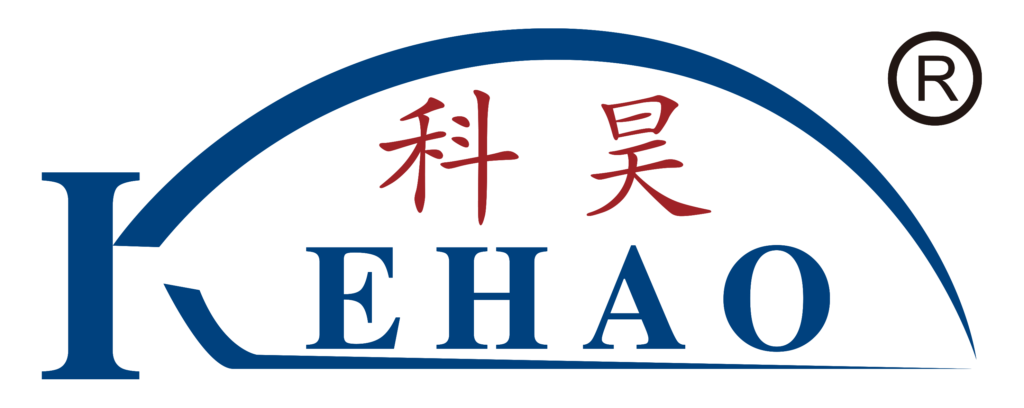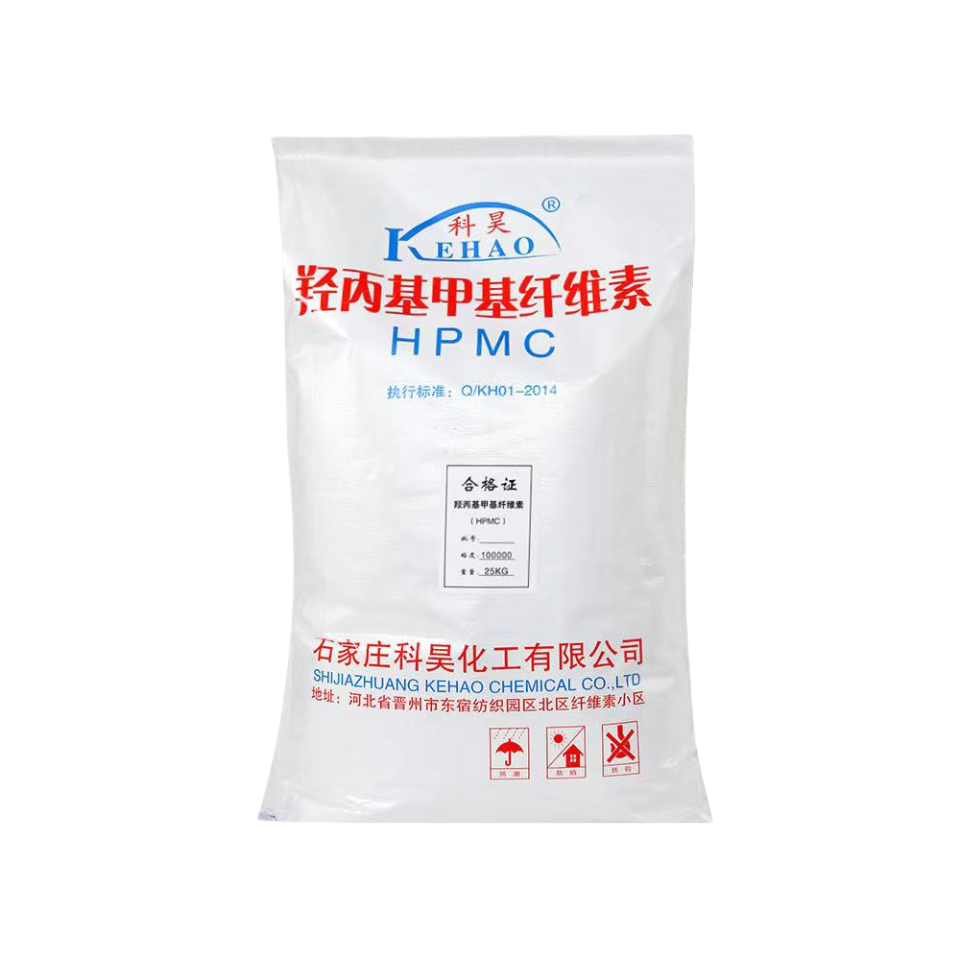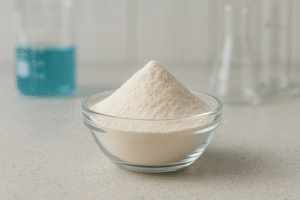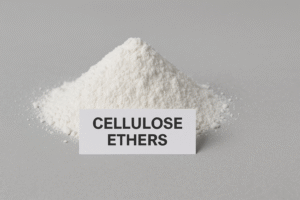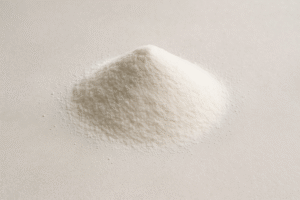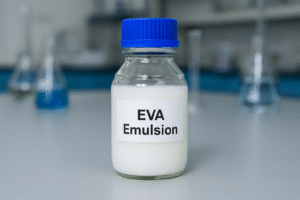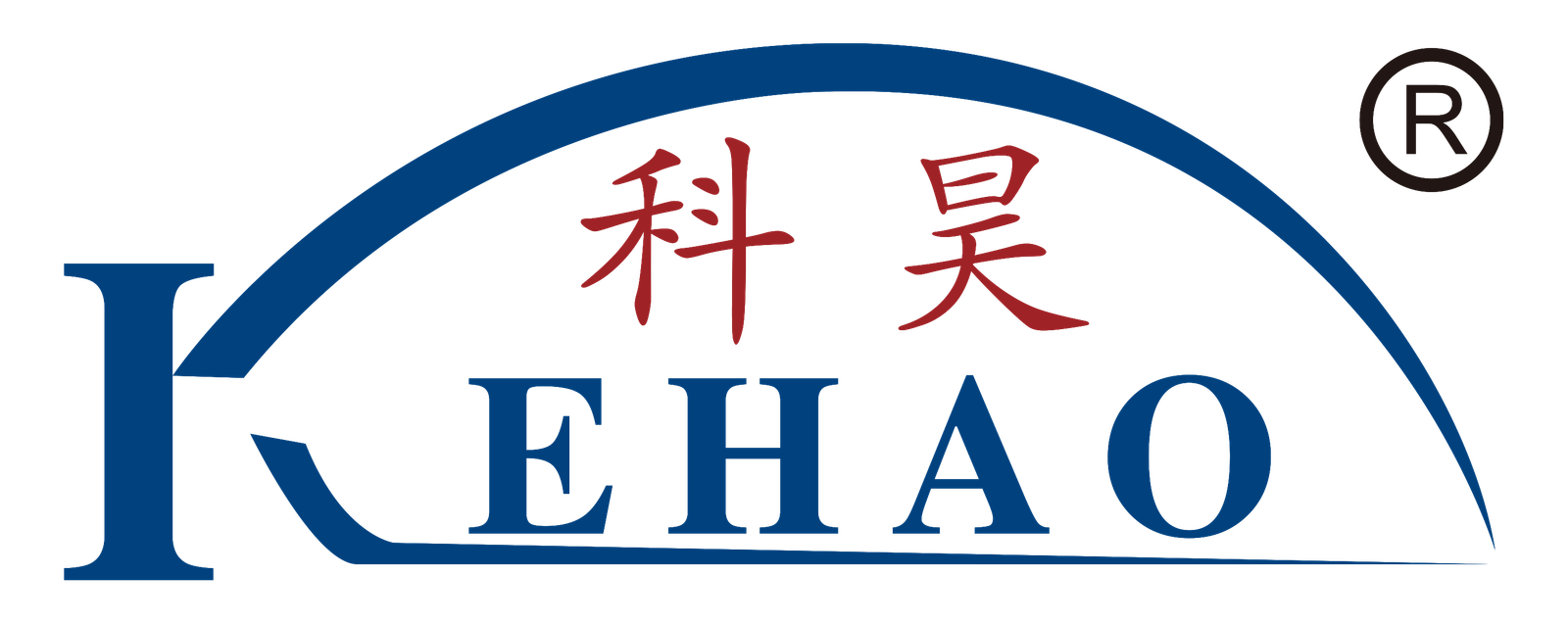Are you struggling with unstable mortar formulations or poor water retention in your construction projects? HPMC powder might be the solution you've been looking for, revolutionizing how construction materials perform under challenging conditions.
HPMC (Hydroxypropyl Methylcellulose) powder is a cellulose ether that provides excellent water retention, improves workability in mortar and cement, enhances adhesion, increases open time, and offers consistent thickening properties. It's biodegradable and safe for various construction and industrial applications.
When I first started supplying HPMC to construction companies, many customers were unaware of its full potential. Now, our customers see dramatic improvements in their product performance. Let's explore the key benefits and applications that make HPMC powder an essential ingredient in modern construction.
What is the use of HPMC powder?
Are you wondering why HPMC has become so important in construction materials and other industries? Many manufacturers struggle with consistency and performance until they discover this versatile additive.
HPMC powder is primarily used as a thickener, binder, water retention agent, and stabilizer in construction materials like tile adhesives, renders, and self-leveling compounds. It's also widely used in pharmaceuticals, food products, cosmetics, and paints to control viscosity and improve product stability.
HPMC has transformed how we formulate construction materials at Kehao. When added to dry-mix mortars, HPMC creates a protective colloid that significantly improves workability. This makes application easier and more efficient for end users.
Applications in Construction
| Application | HPMC Function | Benefit |
|---|---|---|
| Tile Adhesives | Water retention, extended open time | Better adhesion, prevents premature drying |
| Renders/Plasters | Improved workability, sag resistance | Easier application, smoother finish |
| Self-leveling compounds | Controls flow properties | Perfect leveling without segregation |
| EIFS systems | Enhances adhesion and flexibility | Better durability in exterior applications |
Industrial Applications
| Industry | HPMC Function | Benefit |
|---|---|---|
| Pharmaceuticals | Tablet binding, controlled release | Consistent drug delivery |
| Food products | Thickening, stabilizing | Improved texture, longer shelf life |
| Personal care | Gel formation, film-forming | Better product feel and performance |
| Paints | Thickening, anti-settling | Improved application properties |
In our factory, we've optimized HPMC grades for specific applications. For example, our customers in hot climates like Saudi Arabia and UAE need HPMC with excellent water retention1 to prevent rapid drying in extreme temperatures. This customization has helped our clients maintain quality even in challenging environmental conditions.
What does hydroxypropyl methylcellulose do to the body?
Do you worry about the safety of chemical additives in products that might contact skin or be used in food and medical applications? This concern is shared by many of our customers who prioritize safety alongside performance.
HPMC is generally recognized as safe (GRAS) by regulatory agencies worldwide. When ingested, it passes through the digestive system largely intact, acting as a soluble fiber. On skin contact, it's non-irritating and non-sensitizing, making it safe for various personal care and pharmaceutical applications.
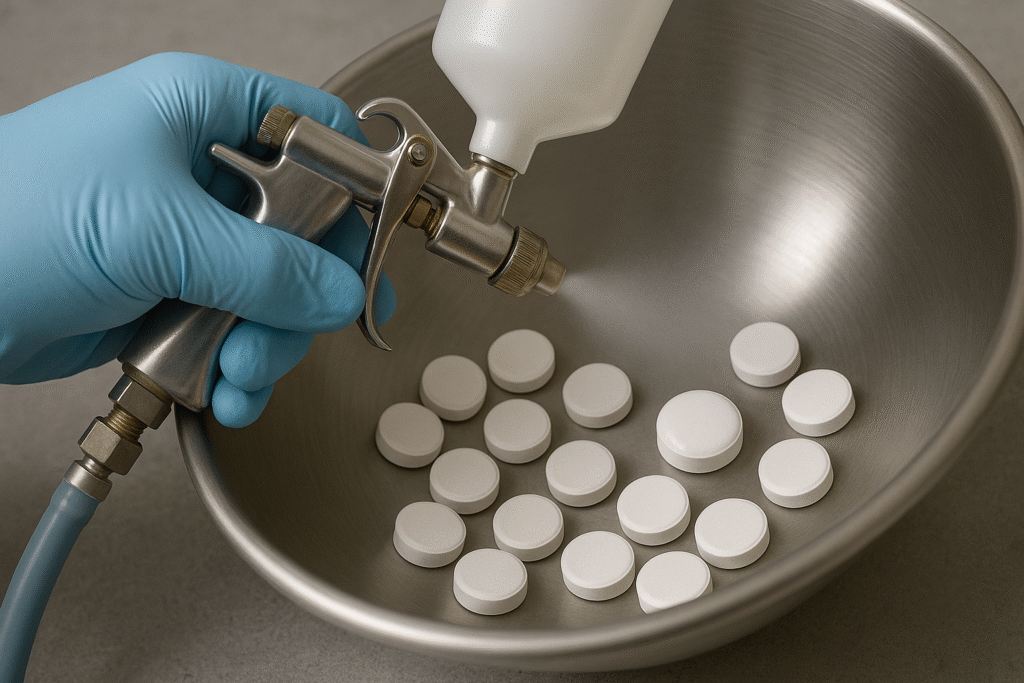
The safety profile of HPMC2 is one reason it's so versatile across industries. I've worked with pharmaceutical companies that use our HPMC for tablet coatings and controlled-release formulations because of its excellent film-forming properties and physiological inertness.
Pharmaceutical Applications
HPMC's interaction with the human body makes it perfect for drug delivery systems. It forms a gel matrix when in contact with water, allowing for controlled release of active pharmaceutical ingredients (APIs).
| Dosage Form | HPMC Function | Physiological Effect |
|---|---|---|
| Tablet coating | Creates protective barrier | Masks taste, protects from moisture |
| Extended-release tablets | Forms gel matrix | Controls drug release over time |
| Ophthalmic solutions | Increases viscosity | Extends contact time with eye surface |
| Capsules | Gelatin alternative | Vegetarian option, dissolves in GI tract |
Food and Dietary Applications
In food applications, HPMC functions as a dietary fiber that can provide several health benefits:
| Food Application | HPMC Function | Potential Health Effect |
|---|---|---|
| Bakery products | Improves texture, retains moisture | Adds dietary fiber |
| Gluten-free foods | Provides structure | Makes healthier alternatives possible |
| Processed foods | Stabilizes emulsions | Improves consistency and mouthfeel |
| Diet supplements | Increases satiety | May help with weight management |
During my visits to pharmaceutical manufacturing facilities, I've seen firsthand how HPMC2's safety profile and functionality make it an ideal excipient. Its ability to pass through the body without significant absorption or metabolism means fewer side effects compared to many synthetic polymers.
What are the advantages of HPMC?
Have you tried other cellulose ethers but found them lacking in performance or consistency? Many of our customers came to us after experiencing issues with alternative products that didn't meet their specific requirements.
HPMC offers superior water retention, thermal gelation, surface activity, and pH stability compared to many alternatives. It's biodegradable, compatible with most formulation ingredients, and can be produced with various viscosity grades to meet specific application requirements.
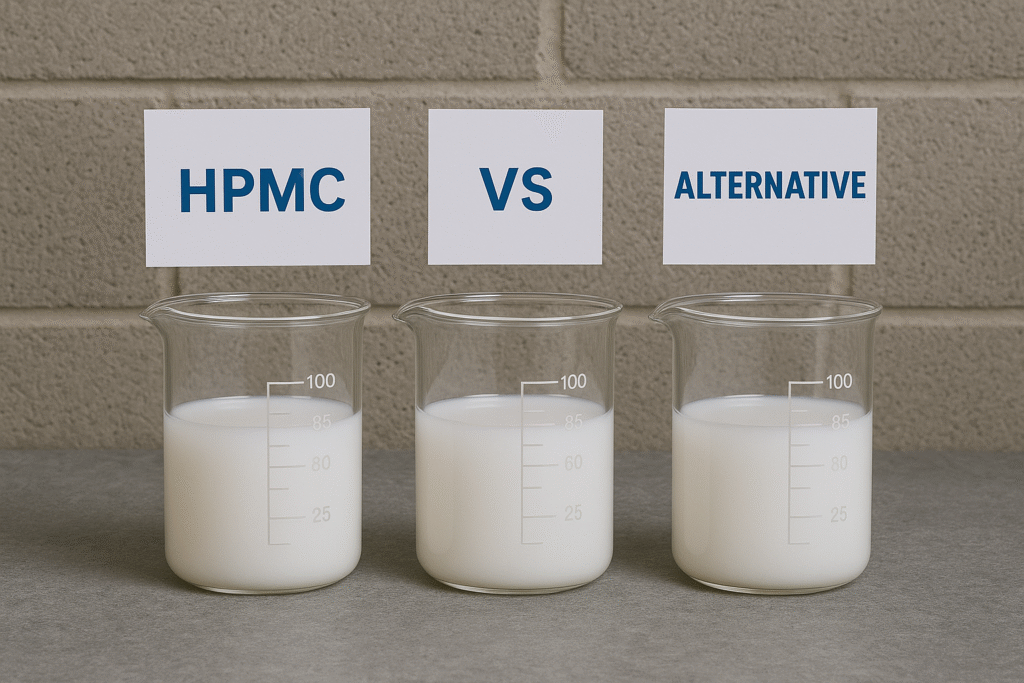
I remember when a major Saudi Arabian customer switched from CMC to our HPMC3 for their tile adhesive production. The change resulted in a 30% improvement in open time and significantly better adhesion strength, especially in their hot climate conditions.
Comparative Advantages of HPMC
| Property | HPMC Advantage | Benefit in Application |
|---|---|---|
| Water retention | Superior to many alternatives | Prevents premature drying, better hydration |
| Thermal gelation | Forms gel at higher temperatures | Prevents sagging in vertical applications |
| Viscosity stability | Consistent across pH range 3-11 | Works in acidic and alkaline formulations |
| Biodegradability | Environmentally friendly | Meets green building requirements |
| Salt tolerance | Stable in electrolyte solutions | Works well in complex formulations |
Economic Advantages
The efficiency improvements HPMC brings to formulations often result in significant cost savings:
| Economic Factor | HPMC Impact | Customer Benefit |
|---|---|---|
| Dosage efficiency | Lower dosage needed vs. alternatives | Cost savings in formulation |
| Processing time | Faster dispersion and hydration | Production efficiency |
| Product waste | Reduces application failures | Lower warranty claims, better reputation |
| Formulation simplification | Multifunctional additive | Fewer ingredients needed |
At Kehao, we've invested in production technology that allows precise control over substitution degree and viscosity. This means we can customize HPMC grades for specific applications, giving our customers a competitive advantage in their markets.
Our factory's six production lines allow us to maintain consistent quality while meeting varying viscosity requirements, from low-viscosity grades for self-leveling compounds to high-viscosity types for thick-bed tile adhesives.
Does HPMC dissolve in the stomach?
Are you concerned about what happens to HPMC3 when used in food or pharmaceutical products? Many people ask this question, especially when considering HPMC for products that will be ingested.
HPMC does not fully dissolve in the acidic environment of the stomach. Instead, it hydrates and forms a viscous gel layer that remains largely intact as it passes through the digestive system, functioning as a soluble dietary fiber without being significantly absorbed into the bloodstream.
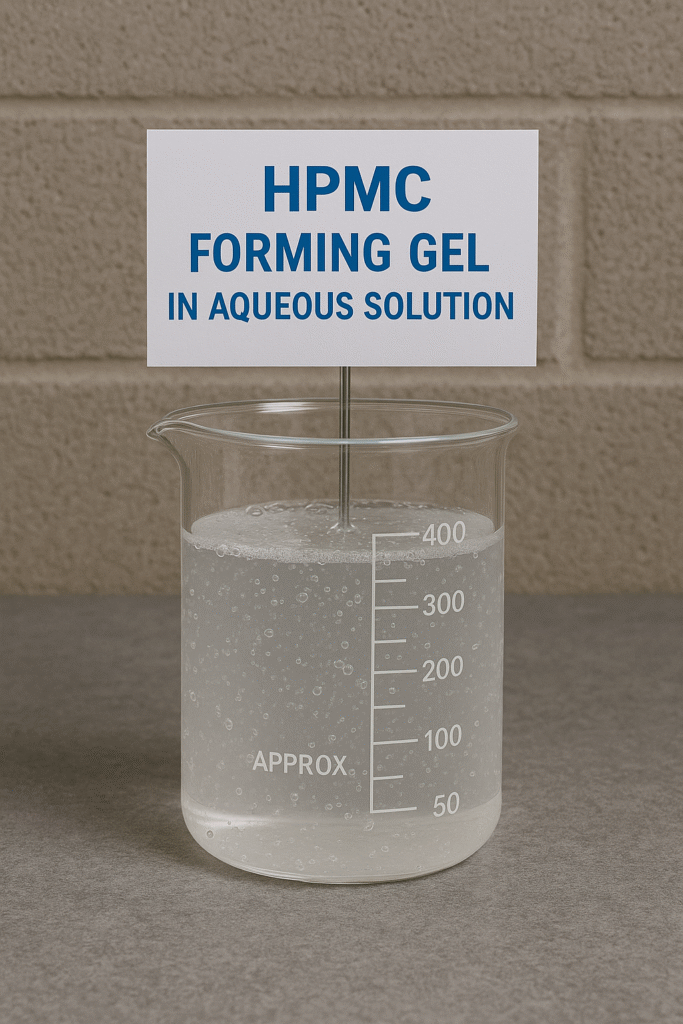
This property makes HPMC4 particularly valuable in pharmaceutical applications. When formulating extended-release medications, the gel-forming property creates a diffusion barrier that controls active ingredient release.
HPMC Behavior in Digestive System
HPMC's journey through the human digestive system is a fascinating example of its versatility as a pharmaceutical excipient and food additive. Understanding this process helps explain why it's so effective in controlled-release formulations.
| Digestive Location | HPMC Behavior | Functional Impact |
|---|---|---|
| Mouth | Begins to hydrate | Little change, minimal taste |
| Stomach (pH 1-3) | Forms viscous gel layer | Resists acidic degradation |
| Small intestine | Gel matrix continues to hydrate | Controls drug release, adds bulk |
| Large intestine | Passes through largely intact | Acts as soluble fiber |
| Elimination | Excreted without significant metabolism | Safe, non-toxic carrier |
Pharmaceutical Release Mechanisms
The controlled dissolution profile of HPMC makes it ideal for sophisticated drug delivery systems:
| Release Type | HPMC Mechanism | Clinical Benefit |
|---|---|---|
| Immediate release (coatings) | Quick dissolution | Taste masking while allowing fast release |
| Extended release | Progressive gel layer erosion | Consistent drug levels over time |
| Enteric effects | pH-dependent behavior | Targeted delivery to intestine |
| Bioadhesive delivery | Mucoadhesive properties | Prolonged contact with absorption site |
During our quality control testing, we regularly evaluate the gel formation properties of our HPMC grades. This helps us ensure that pharmaceutical-grade products will perform correctly in the human body, providing predictable dissolution profiles for medication.
Conclusion
HPMC powder delivers exceptional benefits in construction, pharmaceuticals, food, and personal care through its water retention, thickening, and binding properties. Its safety, versatility, and customizable performance make it an ideal additive for numerous applications worldwide.
-
Understanding water retention can enhance your knowledge of construction materials and their performance, leading to better project outcomes. ↩
-
Explore the advantages of HPMC in pharmaceuticals, including its safety and effectiveness in drug delivery systems. ↩ ↩
-
Explore the advantages of HPMC in tile adhesives, including improved adhesion and open time, crucial for construction in hot climates. ↩ ↩
-
Explore this link to understand HPMC's significance in drug formulations and its unique properties. ↩
